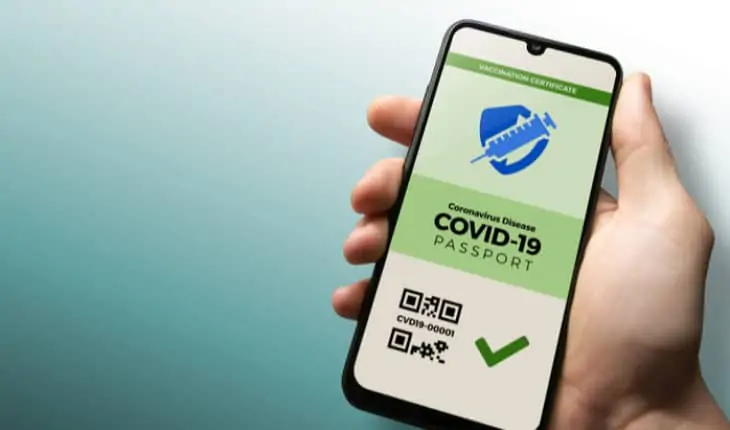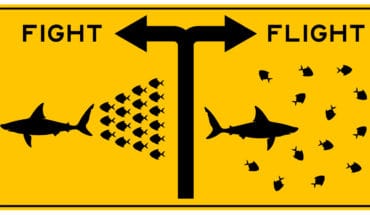Moving towards digital documentation of COVID-19 status: Vaccination certificates are nothing new. They are health documents that record a vaccination event – traditionally as a paper card – with key details including the date, product and batch number of the vaccine administered.
The Digital Documentation of COVID-19 Certificates is proposed as a mechanism by which a person’s COVID-19-related health data can be digitally documented via an electronic certificate.
The certificate can be used in the same way as a paper-based vaccination record/card. That is to provide information to health care providers about the vaccination status of individuals, providing a basis for health workers to offer a subsequent dose and/or appropriate health services as appropriate. In some instances, vaccination cards are also used to facilitate international travel, for example in the case of yellow fever, where a vaccination certificate may be required by some countries as a condition of entry.
Historically, paper-based vaccination records have presented many challenges – such as the possibility of losing or damaging the card, or even the possibility of fraud. The proposed digital solutions are designed to address these challenges.
A vaccination certificate can be purely digital (for example stored in a smartphone application or on a cloud-based server) and replace the need for a paper card, or it can be a digital representation of the traditional paper-based record. The link between the paper record and the digital record can be established using a barcode, for example, printed on or affixed to the paper vaccination card. A digital certificate should never require individuals to have a smartphone or computer.
WHO’s guidance
WHO does not support the requirement of proof of COVID-19 vaccination in order to travel. In some situations, however, depending on the risk assessment of the countries concerned, information about vaccination against COVID-19 may be used to reduce requirements for quarantine or testing upon arrival. But this is not the primary purpose of the move towards digital documentation of COVID-19 status.
On 27 August 2021, WHO published a guidance document for countries and implementing partners on the technical requirements for issuing digital certificates for vaccination against COVDI-19. The full guidance can be found here. The guidance is part of a series of planned documents on digitalization of COVID-19 certificates. The guidance will, amongst other things, Support Member states in adopting digital tools for documenting COVID-19 vaccination status for the purposes of effective health care, and proof of vaccination should it be needed for other purposes.
The minimum requirements for implementing digital documentation in countries around the world allow Member States the greatest possible flexibility to build a solution that is appropriate not just for their needs, but the diverse needs of individuals around the world. The guidance was developed in collaboration with a multi-disciplinary group of experts, to ensure that it will be useful to governments and implementing partners who have built or who are currently developing systems for issuing or verifying digital vaccination certificates.
The technical content of the guidance has been made available to partner countries and economies that have developed, or are in the process of developing, national digital vaccination certificates to ensure that these digital certificate products will be interoperable. Technical assistance will be provided to countries and implementing partners to assist with aligning existing products to WHO specifications.
links to guidance and annexes:
Guidance here: https://www.who.int/publications/i/item/WHO-2019-nCoV-Digital_certificates-vaccination-2021.1
Guidance web annex A here: https://www.who.int/publications/i/item/WHO-2019-nCoV-Digital_certificates-vaccination-data_dictionary-2021.1
Guidance web annex B here:https://www.who.int/publications/i/item/WHO-2019-nCoV-Digital_certificates-vaccination-technical_briefing-2021.1
- Combination of drugs could prevent thousands of heart attacks - 21st April 2025
- UQ Study Links Poor Teen Diets to Heavy Social Media Use - 21st April 2025
- Gut microbiome could delay onset of type 1 diabetes - 3rd April 2025






